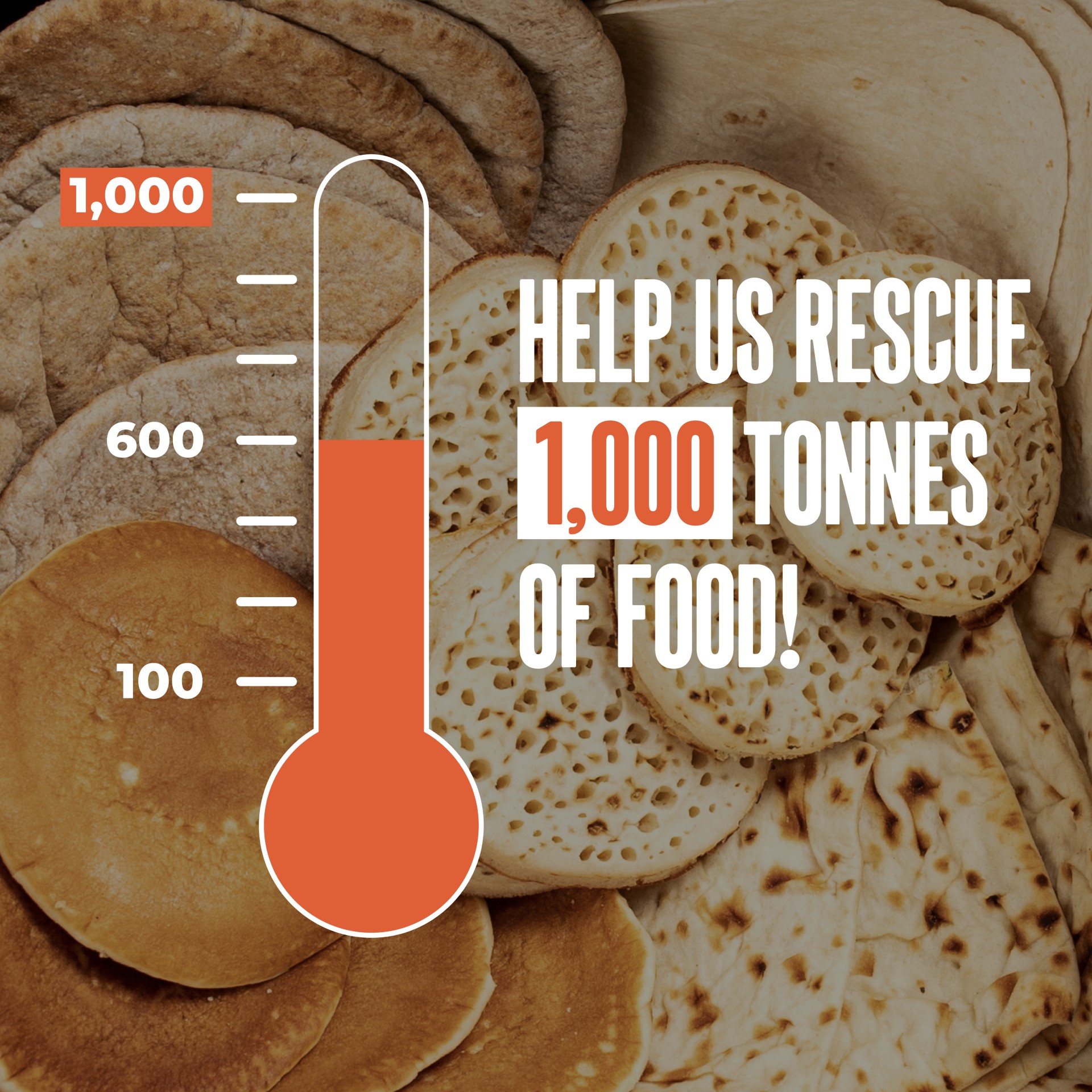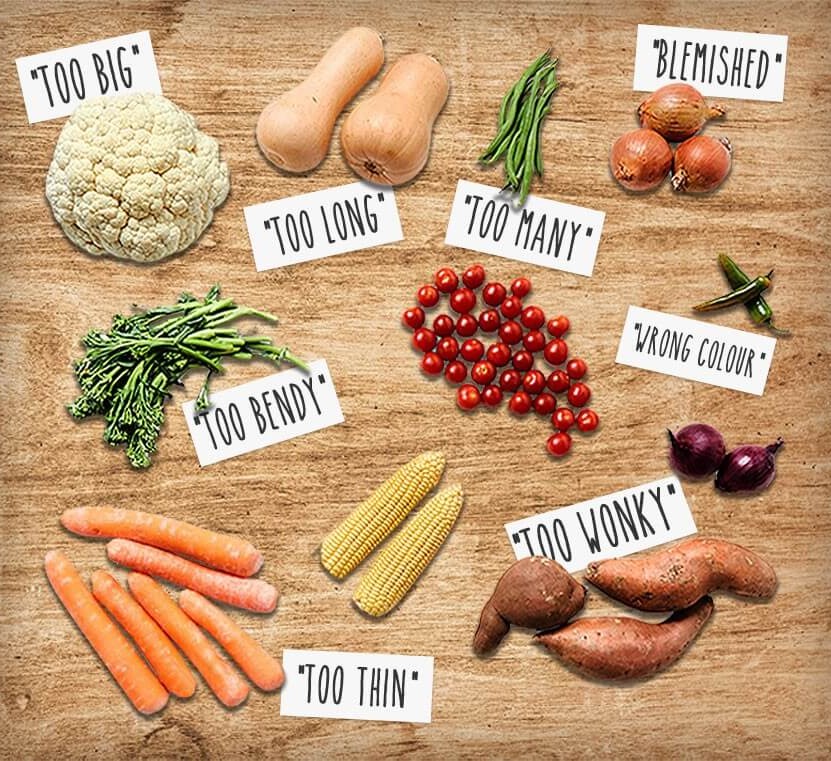SUSTAINABILITY

By choosing Earth & Wheat, you support a mission that values and rescues imperfect but perfectly good food, contributing to a more sustainable food system and reducing the environmental impact of food waste.

Each box saves
2.9kg of greenhouse gas emissions from entering our atmosphere *

Each of our
rescue warriors have
saved 306kg of CO2eq
entering the atmosphere **

600 TONNES OF FOOD RESCUED SO FAR
Join the mission! ✨
Our rescue warriors have helped us save over 600 tonnes of food from going to waste since Earth & Wheat started, but we're aiming higher this year 🚀
Help us get to our goal of rescuing 1,000 tonnes 🌍🌾

WHY IS FOOD WASTED?
Every year, millions of tonnes of fruit, vegetables, and bread are thrown away before they’ve even started their journey to your plate.
This may be because they don’t fit the shop's strict appearance standards, or simply because they were overproduced. Not only does this mean that we’re not able to enjoy the delicious food, but it also means that the time, energy, and water that was used to grow plants or bake bread was a complete waste.
If, like us, you don’t believe that good quality food should be wasted, then join the revolution with Earth & Wheat. Check out our Clean Plate Report below to learn more about food waste in the UK.
OUR PACKAGING
We strive to provide your rescued baked goods in the most sustainable way possible which is why our boxes and tape are fully recycled. Recent research has found that compositable bags limit shelf life meaning less time for you to enjoy your breads at home before freezing. We have therefore moved away from this in the spirit of tasting more and wasting less. The clear plastic bags and the sealed packaging can be recycled at your local supermarket.

Want tips on how to reduce waste, inspiration for meals and latest news from HQ? Check out our blog page.

*Based on typical quantity of bread per box, and Life Cycle Assessment (LCA) data quantifying the environmental impacts of a typical loaf of bread (Espinoza-Orias et al, 2011, Int. J. LCA). This LCA followed PAS 2050 guidelines which help standardise LCA calculations.
**Based on two years of weekly membership saving 153kg of CO2eq
